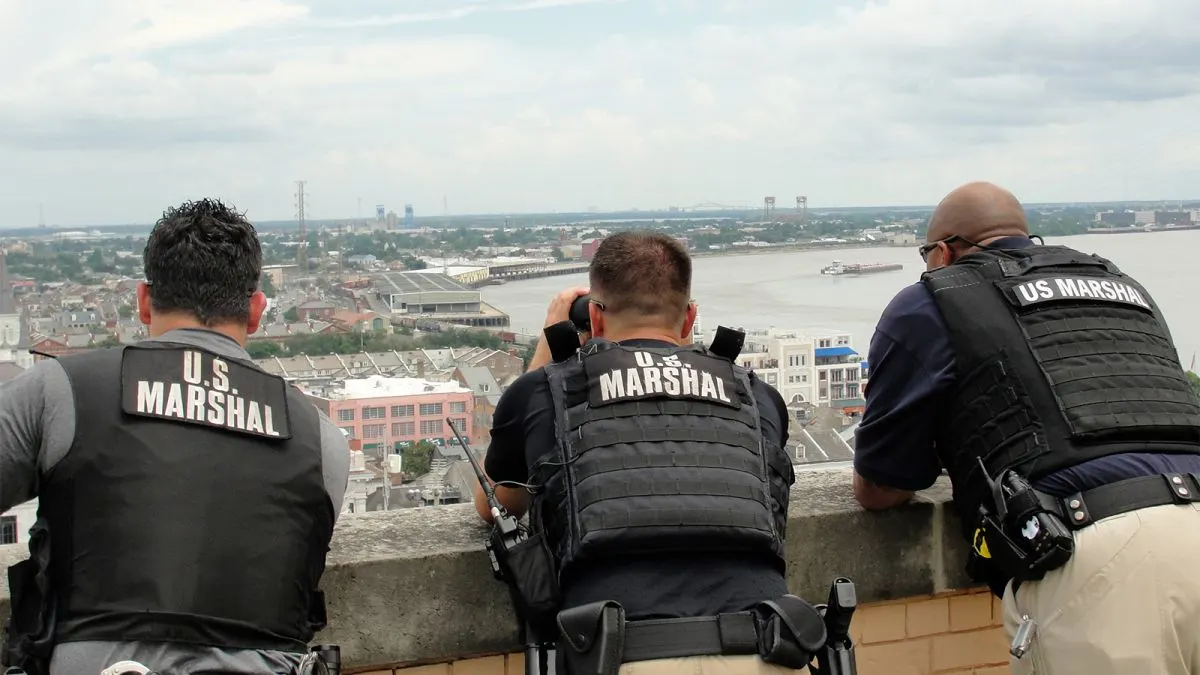Every nation has a certain level of crime, which is anticipated given a large population and a significant level of poverty. Poverty is a growing problem in developing nations.
If a nation has a reputation for being highly secure, crime decreases are often attributed to increased police presence and strong government regulations requiring officers to handle situations skillfully.
A police officer is a member of the police force in a particular town or city, whereas a sheriff is responsible for the whole county.
The language surrounding the police frequently centers on a warrior image rather than seeing police personnel as guardians of a community.
It is well known that police are somewhat similar to the armed forces, and some people even compare police officers to sheriffs, but there are significant differences between all of them.
Let’s continue reading this post to learn more about the distinctions between a sheriff and a police officer, as well as their responsibilities and job titles.
Who Is A Police Office?
A police officer is a member of the government who safeguards people’s lives and property, upholds the rule of law in local areas, and conducts criminal investigations.
That typically entails hunting down the bad guys or dismantling a criminal organization in television and film. The phrase “police officer” refers to a wide range of positions, including administrative tasks like handwriting analysis and officer training.
In the US, there are more than 900,000 law enforcement personnel. They promised to defend people and property. They are relied upon by the community to uphold the law and prosecute those who breach it.
In a major metropolis like New York or Los Angeles, a police officer will typically have a relatively narrow area of expertise, such as narcotics, public relations, the K-9 unit, or the SWAT team.
In contrast, police officers in smaller departments, particularly those in rural areas, would be asked to perform a larger range of duties.

Ranks of Police Officers
While local departments may have different police ranks, most of them are based on the military’s grading system. Officers must complete a set number of years at each level of the department in order to advance.
Before moving up to the next police level, they must also pass written tests and interviews with senior officers.
After achieving specific milestones, LEOs may be eligible for one of the various police pay grades.
| Ranks | Description |
| Police Detective | Sergeants oversee and instruct their team members. Additionally, they might organize activities at crime scenes. |
| Police Corporal | Corporals still patrol and conduct investigations in addition to their supervisory duties. |
| Police Sergeant | Deputy Chief |
| Police Lieutenant | They participate in meetings and work on several committees pertaining to their command unit. |
| Police Captain | They oversee particular departments within the agency, such as vice or homicide. |
| Chief of Police | It is the officer with the highest title. It oversees the police force and is in charge of ensuring smooth departmental operations. |
| Police Commissioner | The mayor of the city may designate a police commissioner to supervise several departments in some bigger metropolitan areas. |
Who Is A Sheriff?
The highest elected law enforcement official in the county is typically the sheriff.
An important part of a sheriff’s job is to provide essential law enforcement for citizens who live in their county or another jurisdiction.
The sheriff manages the department’s finances, keeps an eye on what happens in the county jail, gives training, creates policies and procedures, and administers disciplinary measures for staff members.
In addition to answering emergency calls, assigning deputy sheriffs to their jurisdiction, and offering their own services within the county, such as patrolling the region, managing accident sites, and more, sheriffs also take emergency calls.
Jurisdiction of a Deputy Sheriff
Within the county, a sheriff’s deputy can respond to calls. When it comes to the authority of local police agencies, this is significant.
Consider a scenario where a police officer from a local department in a city or town is involved in a high-speed chase that eventually enters another area of the county.
The majority of the time, police officers will either step aside or request that the sheriff’s office take over. This is only one illustration of how sheriff’s deputies and police officers can collaborate to safeguard the entire city from crime.
Additionally, a deputy sheriff will handle the processing of criminals arrested by police officers and taken to jail for processing while ensuring that the incoming police officer gives them a complete report.
Difference Between A Sheriff And A Police Officer
Both sheriffs and police officers are tasked with protecting the country, investigating crimes, and arresting suspects, although to varying degrees.
Police officers perform for the city, whereas the county hires deputy sheriffs. The police are responsible for handling crimes that take place in cities.
When a crime takes place in a county but not in a city with a separate police force, the county’s sheriff’s office is responsible for handling it.
That distinction might not matter all that much in practice, since the sheriff’s office typically collaborates closely with city police departments of the cities in that county.
For instance, in California, a county sheriff’s department is responsible for maintaining both security and the county jail. It is also one that participates in the court’s legal procedure.
Let’s look at the comparison table below to know the difference between the two easily.
| Difference | Sheriff | Police Officer |
| Not the state’s top law enforcement official | State’s top law enforcement official | Given the areas of town in a county |
| Election | Elected by citizen | Government Official |
| Control | Entire county | Given areas of town in a county |
| Jurisdiction | Unlimited jurisdiction | Limited jurisdiction |
| Responsibilities | Several responsibilities, depending upon different nations | Not the state’s top law enforcement official |
Alternatives To A Sheriff And Police Officer
US Marshal

Marshals are hired at the federal level rather than in a city, county, or state authority, which is one of the main ways in which they differ from sheriffs and police officers.
The witness protection program, federal prisoner transportation, and fugitive arrests are the main responsibilities of US Marshals. They may also be in charge of prisoner operations, asset forfeiting administration, and judicial security.
When they have worries or safety issues, most people will go to their local police agency rather than interact with a US Marshal.
Constable

Many states employ constables, who are elected officials. For instance, the Texas constitution specifically grants constables the right to be referred to as peace officers.
Constables are not permitted to detain someone on grounds such as having outstanding warrants, being suspected of committing a crime, or having hidden motives.
They cannot make an arrest unless they witness a criminal participating in an ongoing crime, unlike a police officer. To prepare them for the role, they enroll in distinct training courses.
Conclusion
- Sheriffs and police officers carry out some of the same duties—investigations, and arrests—but the fundamental distinction between the two is jurisdiction.
- A constable is responsible for a whole county, which may contain numerous small towns and numerous major cities, as opposed to a police officer, who is primarily in charge of preventing crime within the city limits.
- Most of the time, police officers patrol the city, write citations, and testify against offenders they capture.
- State-specific duties for deputy sheriffs can include running county jails, providing courtroom security, looking into accidents or crimes, and writing warrants.

